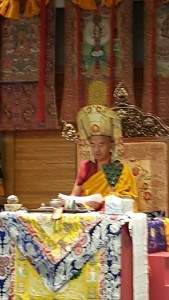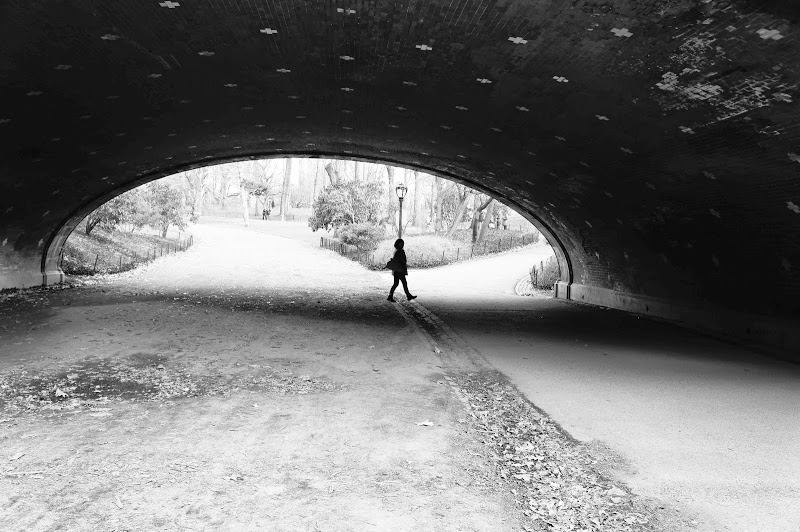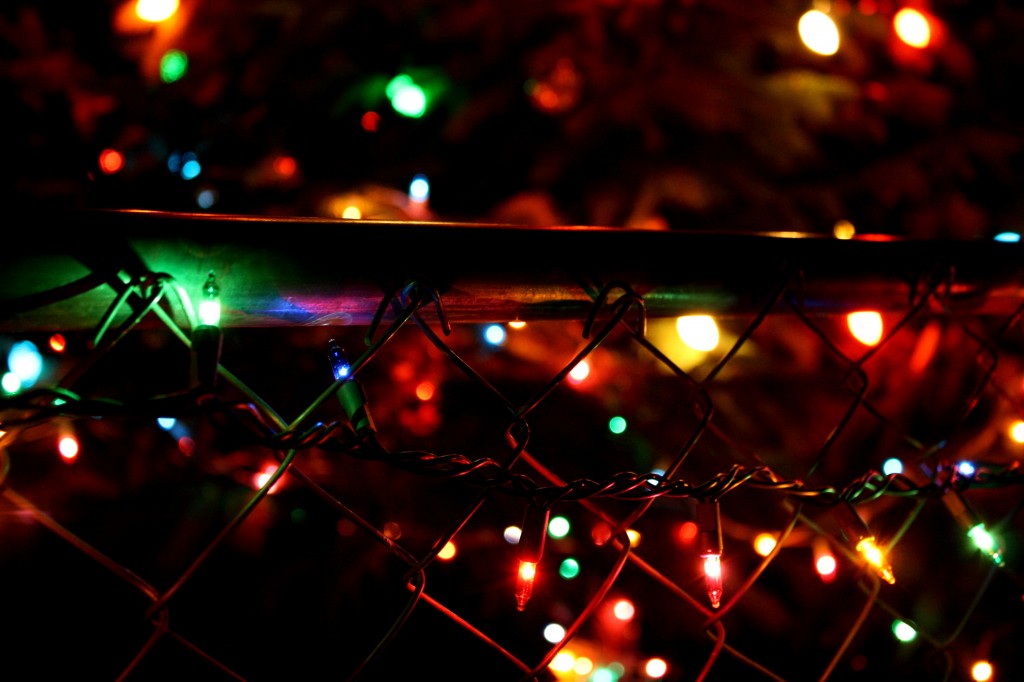I had the joy of studying recently with Mingyur Rinpoche, a teacher of Tibetan Buddhism who was in Phoenix last month. He performed a ceremony to help participants create lives of greater compassion and awareness. I will try to relay some of his wisdom in the meditation classes I am offering at Cochise College Center for Lifelong Learning Saturday mornings July 16, 23, and 30 from 9-10:30. If interested, go to cochise.edu/cll and under classes, type in meditation.
New location August 13!
Canyon Vista Medical Center Medical Office Building 2 5700 S. Hwy 90, Sierra Vista Location is Medical Office Bldg, Rehab Gym, building on left side of new hospital bottom floor, first door on left.Hours of Operation
Thursdays: 6:30 - 7:30 p.m.
Individual consultations & lessons available upon request. Hope to see you there!
Mindful Yoga with Macaela DVD
-
Latest My Thoughts Blog
- Meditation Classes July 3, 2016
- Meditation and Depression May 8, 2016
Interesting Links





![free-pictures-benches-1 (477)[4]](http://www.sierravistayoga.com/wp-content/uploads/2013/12/free-pictures-benches-1-4774.jpg)

